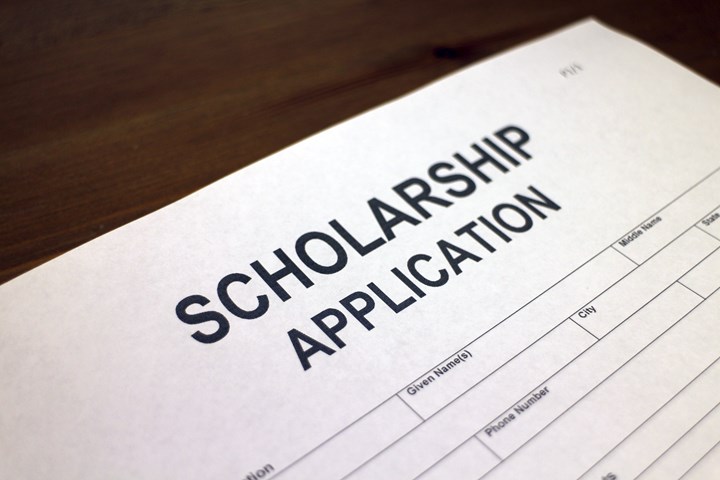NASF, AESF Scholarship Program Accepting Applications
The deadline for applications is Feb. 26, 2023.

Each year, the National Association for Surface Finishing (NASF) and the AESF Foundation award financial scholarships to college juniors, seniors and graduate students who major in subjects related to surface science.
To be considered, applicants must:
- Maintain a GPA of at least 3.0 as an undergraduate student or 3.3 as a graduate student
- Attend an accredited university or college in the United States
- Major or minor in chemical engineering, mechanical engineering, material science and engineering, metallurgical engineering, environmental engineering or chemistry
Each applicant must submit the following:
- A statement describing the applicant’s career objectives
- Two letters of recommendation from professors at their college or university
- A professional resume
- Official undergraduate or graduate transcript
- An undergraduate or graduate application
The AESF Foundation judges applicants on the following major factors: academic record, personal statement, working experience and extracurricular activities. The selection process also includes — but is not limited to — career interest in surface finishing, academic achievement, motivation and potential.
Scholarship winners will be awarded $1,500. The deadline to apply for the scholarship is Feb. 25, 2023.
Filled-out applications, personal statements, recommendation letters, resumes and transcripts should be included in one email to info@nasf.org. Questions regarding the AESF Scholarship Program and its process can also be directed to the same email.
Related Content
-
Hexavalent-Chromium-Free Aluminum Sacrificial Paint Validation
Hexavalent chromium is a known carcinogen, repro-toxin and mutagen. Its elimination is of high importance to the aerospace industry, which has struggled to find high performing alternatives. Legacy aluminum sacrificial paints have traditionally utilized hexavalent chromium to prevent corrosion and coatings which are equal to or better than have been difficult. This second of two papers discusses the hexavalent-chromium-free process from the user point-of-view in terms of the process validation work by Rolls Royce Corporation.
-
Electroplating in the Context of Worldwide Nanotechnology Initiatives: A Heritage Paper
In the first part, a summary is presented on recently established nanotechnology initiatives in various countries around the world. Program funding levels and core activities will be compared to provide a basis for assessing business opportunities for various industries. The second part of the paper looks at specific examples of nanostructures made by electrochemical methods currently at various stages in their development, or already in use.
-
NASF/AESF Foundation Research Project #123: Electrochemical Manufacturing for Energy Applications – 4th and 5th Quarter Report
The NASF-AESF Foundation Research Board selected a project on electrodeposition toward developing low-cost and scalable manufacturing processes for hydrogen fuel cells and electrolysis cells for clean transportation and distributed power applications. During the reporting period, efforts were focused on planning the overall project work, with the eventual goal of manufacturing an improved design for a Solid oxide fuel cell anode supported flat tube (SOFC).











.jpg;maxWidth=300;quality=90)


